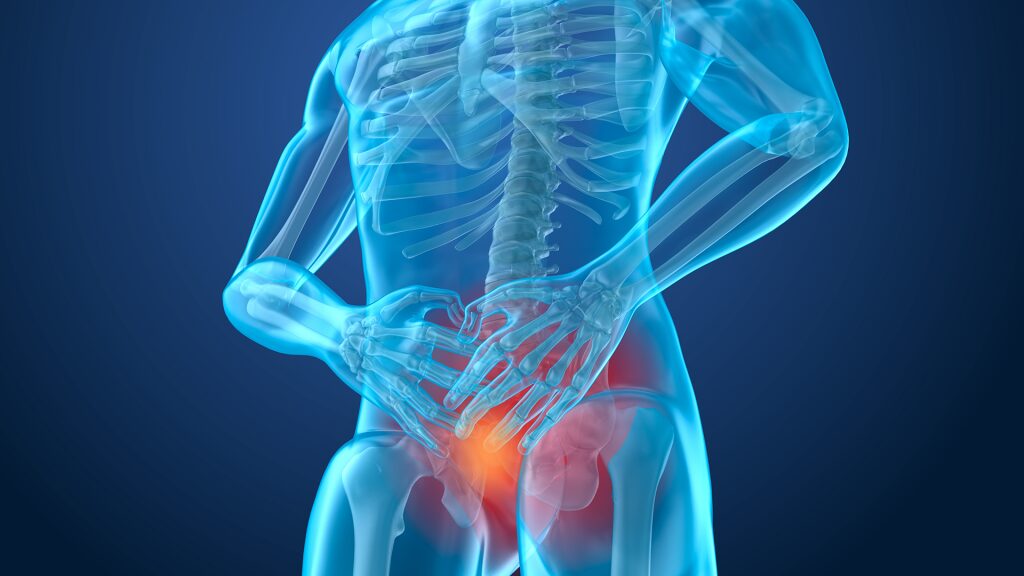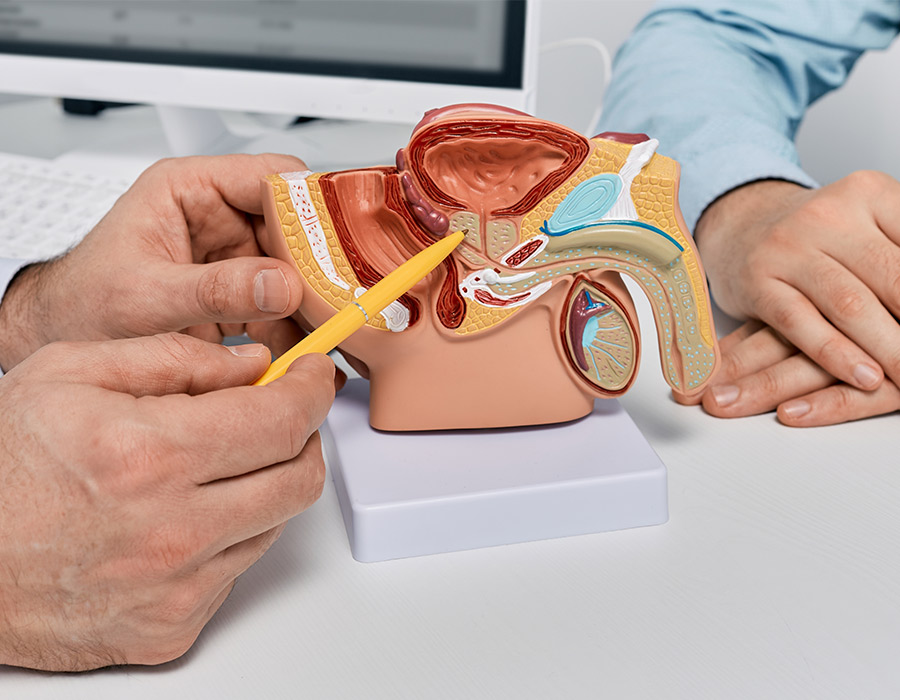
Caring for Prostate Health: Everything You Need to Know about Prevention, Symptoms, and Treatment
Prostate health is a key topic, especially for men over the age of 40. Taking care of this gland is essential to prevent common problems such as benign prostatic hyperplasia and to reduce the risk of prostate cancer—one of the most frequent types of cancer in men. More and more people are looking for information on how to care for the prostate and what symptoms may be warning signs.
What is the prostate and why is its care important?
The prostate is a small gland located below the bladder that is part of the male reproductive system. Its main function is to produce prostatic fluid, which protects and nourishes sperm. As men age, the prostate can enlarge, which may cause urinary problems and affect quality of life.
Main prostate problems
The most common prostate conditions include:
- Benign Prostatic Hyperplasia (BPH): This is a benign enlargement of the prostate and is common in older men. Symptoms include difficulty urinating, frequent urination (especially at night), and a weak urine stream.
- Prostatitis: This is an inflammation of the prostate, which may be caused by bacterial infections. Symptoms include pain when urinating, discomfort in the lower back area, and fever.
- Prostate Cancer: This is the most common cancer in men. Early detection through tests such as the prostate-specific antigen (PSA) blood test and digital rectal examination is key to successful treatment.

Warning Symptoms — When to See a Specialist
It is important to pay attention to symptoms such as:
- Difficulty or pain when urinating
- Urinary dribbling or weak flow
- Increased urinary frequency, especially at night
- Pain in the lower back or pelvic area
If any of these symptoms appear, it is advisable to see a urologist for a thorough evaluation.
Prevention and Prostate Care
Maintaining a healthy lifestyle can help reduce the risk of prostate problems. Specialists recommend:
- Keeping a balanced diet rich in fruits and vegetables
- Exercising regularly
- Limiting alcohol consumption and avoiding smoking
- Undergoing regular checkups from the age of 40–50, depending on family history and personal risk
Treatments for Prostate Problems
Treatment for prostate problems depends on the specific diagnosis. For benign prostatic hyperplasia, there are options such as medication, laser therapy, and, in severe cases, surgery. For prostate cancer, treatment may include surgery, radiotherapy, or hormone therapy, depending on the stage and aggressiveness of the cancer.
Prostate health is essential for men’s well-being, and taking care of it requires prevention, regular checkups, and a healthy lifestyle. At the first sign of symptoms or concerns, consulting a specialist is key to receiving an accurate diagnosis and appropriate treatment.
